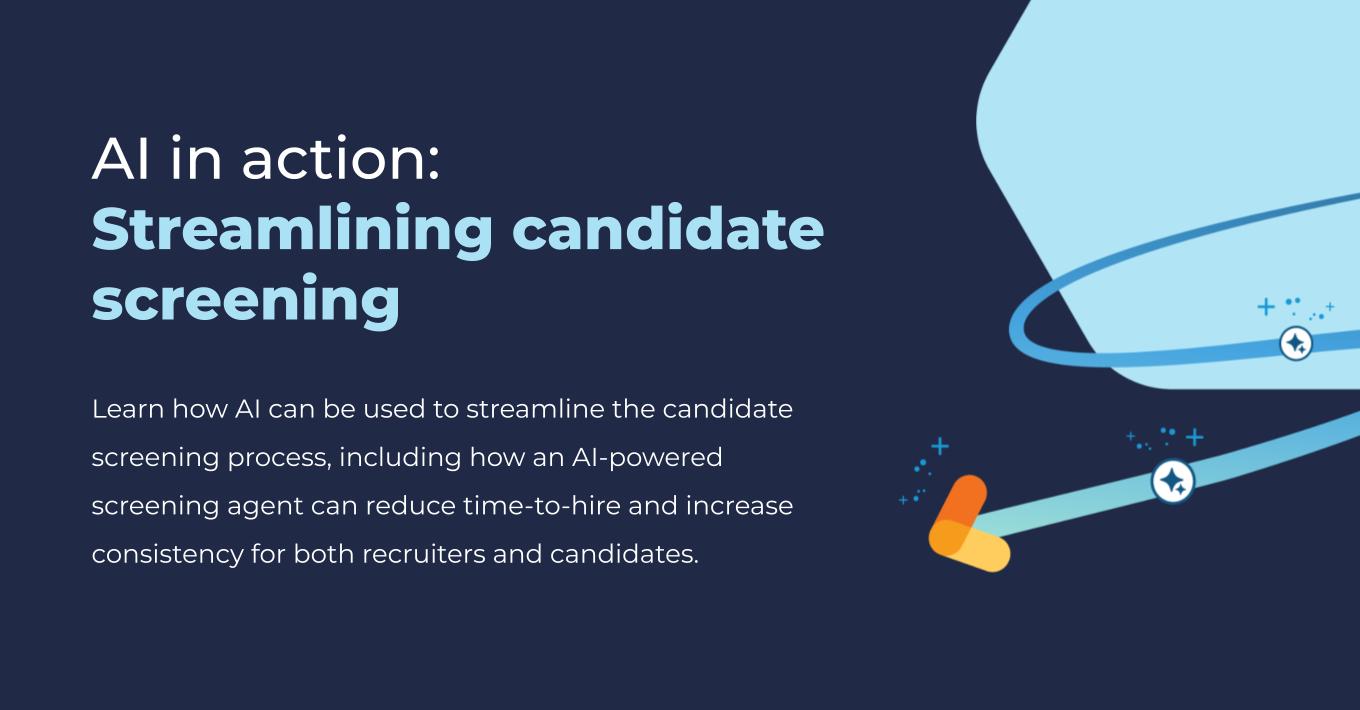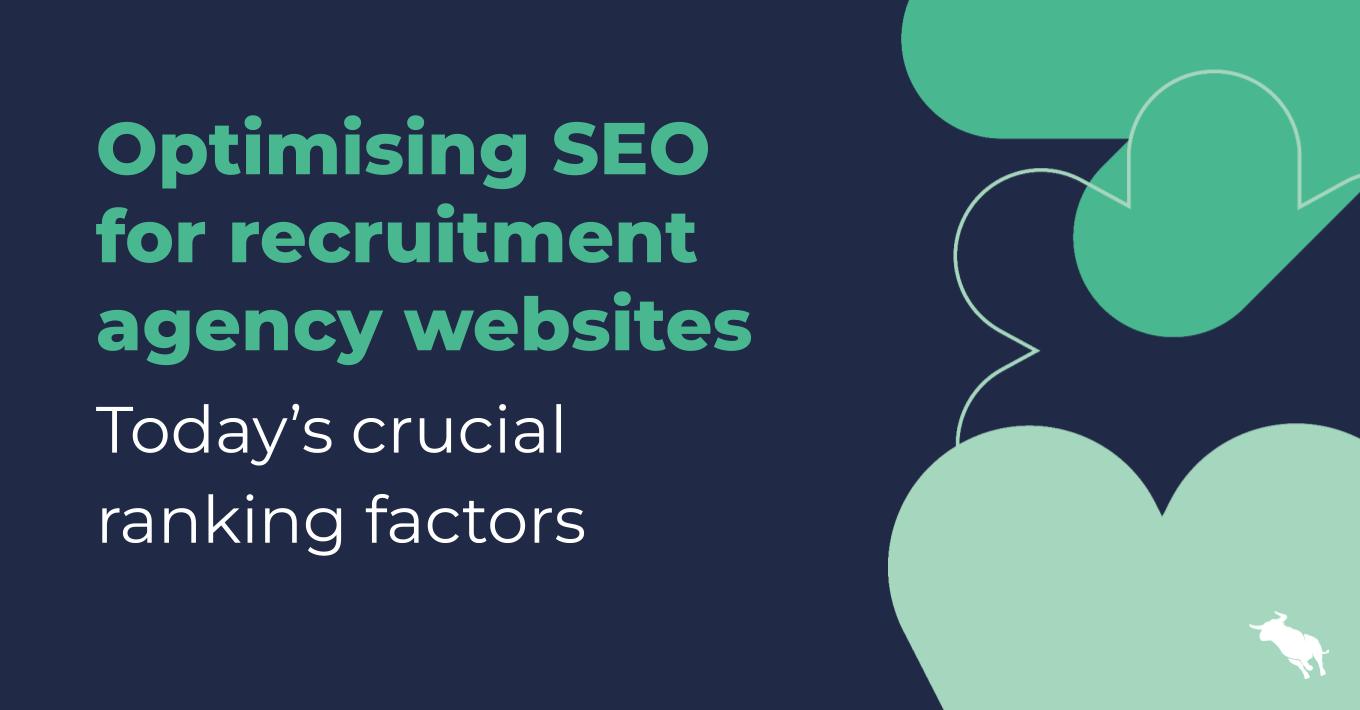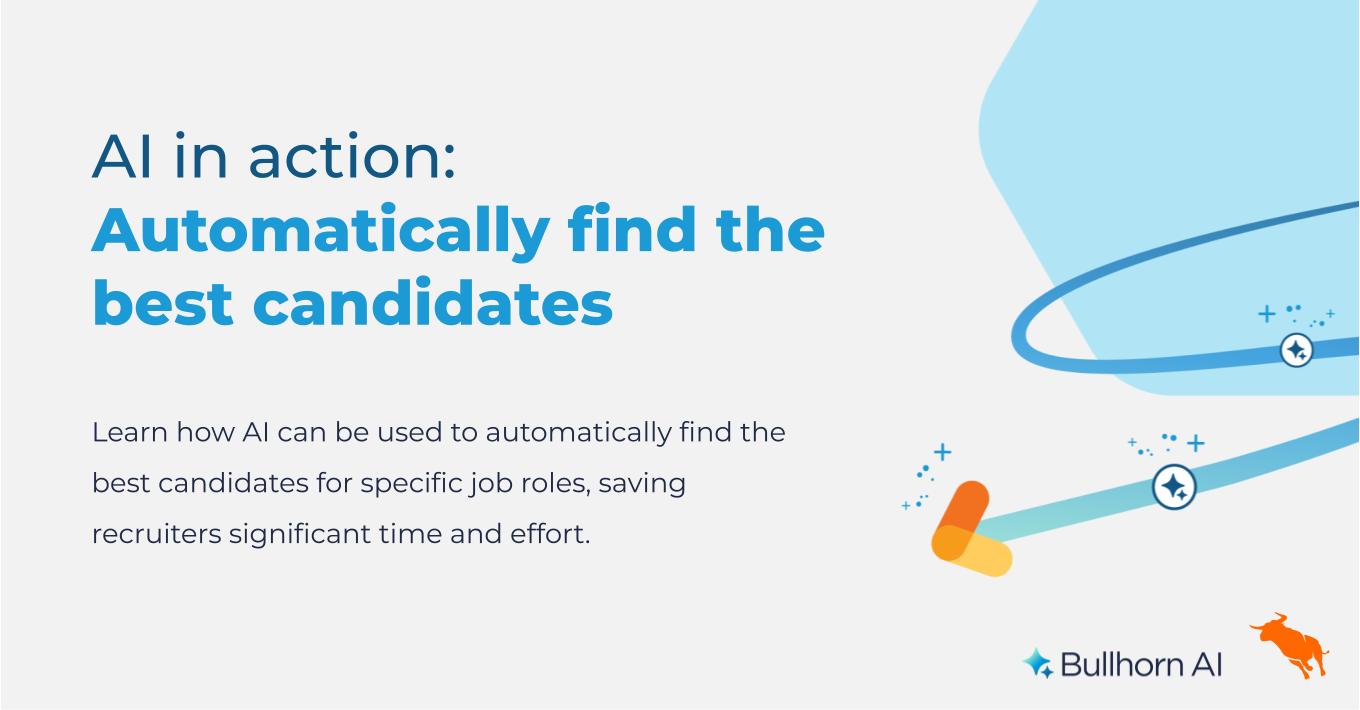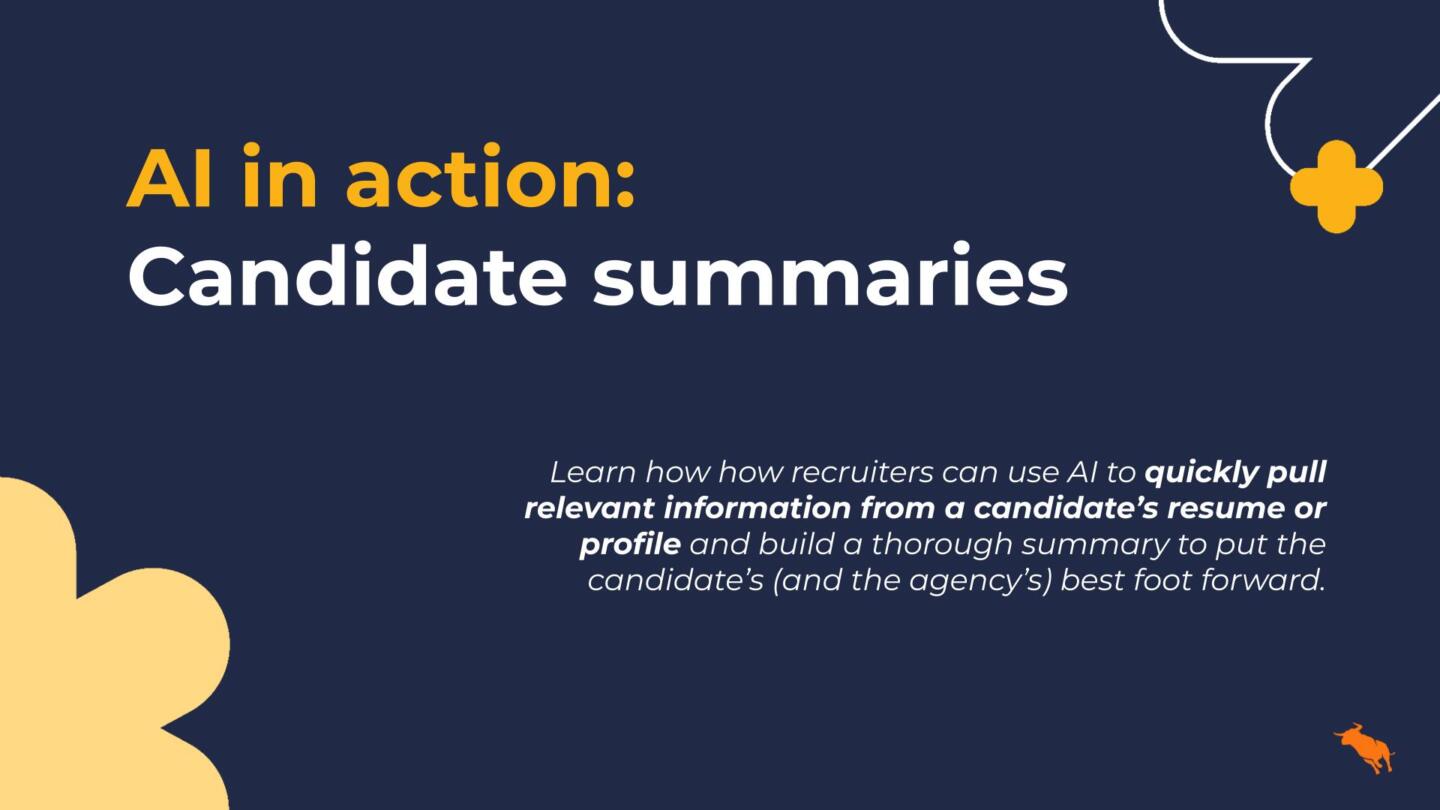How Can I Quickly Identify “Good” Accounts?
I hear this question quite often from CEO’s, business owners, sales executives, and recruiters. Out of the millions of companies we have available to prospect for new business, how does one quickly decipher through it all and identify “good accounts?” This is arguably one of the most challenging tasks in the staffing & recruiting industry. And we haven’t even started selling yet!
“Good Accounts” Defined First we need to define a “good account.” What is a good account? That depends on your business model and sales objective. For example, are you selling MSP or VMS type programs, or are your trying to get a contract in place to be one of many suppliers to a large managed program? Or, is your model such that your goal is to establish one-on-one relationships with the end-using hiring managers? Based on those different objectives, I would define “good accounts” differently, based on each of those unique sales objectives. But let’s assume (and I think this is the case for most staffing/recruiting professionals) that your objective is the latter. Your goal is to establish one-on-one relationships with the actual hiring managers so that you can sell value and generate high-end gross profit margins. Your goal is to avoid HR and Procurement at all costs!
Having agreed on our sales objective, let’s define a “good account” as one that: Spends at least $500K annually on contract labor (within your staffing specialty: total spend could be lower or higher depending on your avg. bill rates) and where you have the ability to work directly with the hiring managers. HR (nor any other third party) has NO influence over how you conduct business with your managers. Despite the wealth of information that is available to us via the web there is no data source in the marketplace (that I am aware of, hmmm…sounds like a business opportunity) that can provide us with those two points of data. How do we get that information you ask? By Qualifying Accounts.
Before I answer that, let me first point out that I am a huge proponent of account research and pre-call planning. I believe that you need to know who you are calling on in order to have an intelligent conversation. But for now we are going to put that activity on hold. I will come back to this in a moment. How do we uncover our two criteria points for what we consider to be a “good account?” The only way we can get that information is by actually talking with managers who have hiring authority. To identify those “good accounts,” we need to uncover the following:
- Does the account (hiring manager) hire contractors?
- If so, what is their (each hiring manager’s) average spend per year?
- What is the process by which they (hiring managers) hire contractors?
Key Takeaway: Ask Drill Questions Regarding Process. This last question is critical because it always requires multiple drill-down questions to further qualify the initial answer from the customer. What we are trying to determine exactly is what role, if any, does HR or procurement play in the hiring of external contractors or temporary employees. The key, determining factor in qualifying accounts is understanding exactly what the hiring process is. Will I be able to communicate directly with the hiring manager throughout the entire sales process? Is HR involved and if so, to what extent? Exactly what role does HR play in the hiring process and how will it affect my ability to sell? If HR is going to impact your ability to sell than you probably will want to move on and find another account to call on.
Key Takeaway: Get A Complete Account Picture Second, after you find an account that does in fact hire contractors and does in fact have enough business volume to justify you developing the account further, then you must ask the third question (what is the process for hiring contractors) of multiple hiring managers. This is critically important because hiring manager #1 might tell you that HR has absolutely nothing at all to do with hiring temporary employees or contractors in his or her group. But if you call on hiring manager #2, #3, and #4, they might tell you the opposite, that the hiring is all handled directly by HR. Hiring manager #1 might just be a “cowboy” within that account where he or she is going around the process. My point is you need to determine what the process is overall for the account. To do this you must verify what you’ve been told by one manager with other hiring managers. This is how you get a complete picture of the account. Until you complete this task, you have not fully qualified the account.
Pre-Call Planning & Research Back to my point about pre-call planning and research. As I mentioned above, I am a huge believer in the fact that as recruiting and sales professionals you need to understand your customer’s business like a mutual fund manager understands his portfolio of investments. You need to be an expert on your client’s business. But you don’t need to invest all the time and energy into this activity until you have qualified the account. However, you do need to understand the bare minimum basics about the account and hiring managers you are calling on during the qualification process. I consider the basics to be:
- Company size, industry, products and service offerings, top 3 competitors
- Any major news (company merger, product release)
- Hiring manager’s title and some idea of the scope of their role and responsibility
Gathering this basic information takes no more than ten minutes (if that) prior to calling on the account.
How Can I Quickly Identify “Good Accounts?” As you can see, getting to the answer to this question takes time and discipline. You have to roll up your sleeves and actually do the work to figure this out. While you will always have to do the work outlined above to truly identify “good accounts,” there are some key indicators that you can look at that can help expedite the process of identifying “good accounts” in a quicker and more efficient manner. In my July blog I will share with you what those key indicators are.
This Bullhorn Blog was written by Dan Fisher, managing partner at Menemsha Group.




